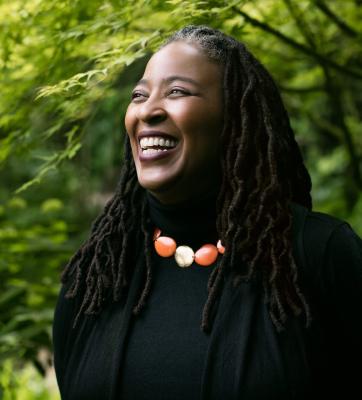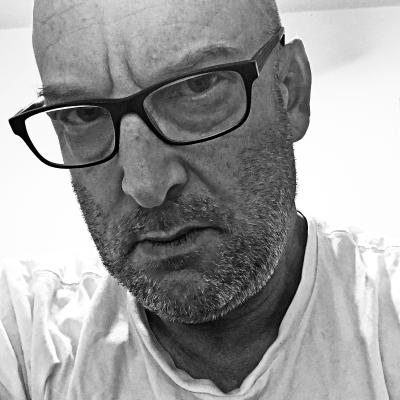Camille Dungy

Camille T. Dungy is the author of Soil: The Story of a Black Mother’s Garden. Soil was named book of the month by Hudsons Booksellers, received the 2024 Award of Excellence in Garden and Nature Writing from The Council on Botanical and Horticultural Libraries, and was on the short list for the PEN/Jean Stein Award. Dungy has also written four collections of poetry, including Trophic Cascade, winner of the Colorado Book Award, and the essay collection Guidebook to Relative Strangers: Journeys into Race, Motherhood, and History, a finalist for the National Book Critics Circle Award. She edited Black Nature: Four Centuries of African American Nature Poetry, the first anthology to bring African American environmental poetry to national attention. She also co-edited the From the Fishouse poetry anthology and served as assistant editor for Gathering Ground: Celebrating Cave Canem’s First Decade. Her work has appeared in Best American Poetry, 100 Best African American Poems, Best American Essays, The 1619 Project, All We Can Save: Truth, Courage, and Solutions for the Climate Crisis, over 40 other anthologies, plus dozens of venues including The New Yorker, Poetry, Literary Hub, The Paris Review, and Poets.org. You may know her as the host of Immaterial, a podcast from the Metropolitan Museum of Art and Magnificent Noise. A University Distinguished Professor at Colorado State University, Dungy’s honors include the Academy of American Poets Fellowship, a Guggenheim Fellowship, an American Book Award, an Honorary Doctorate from SUNY ESF, and fellowships from the NEA in both prose and poetry.

